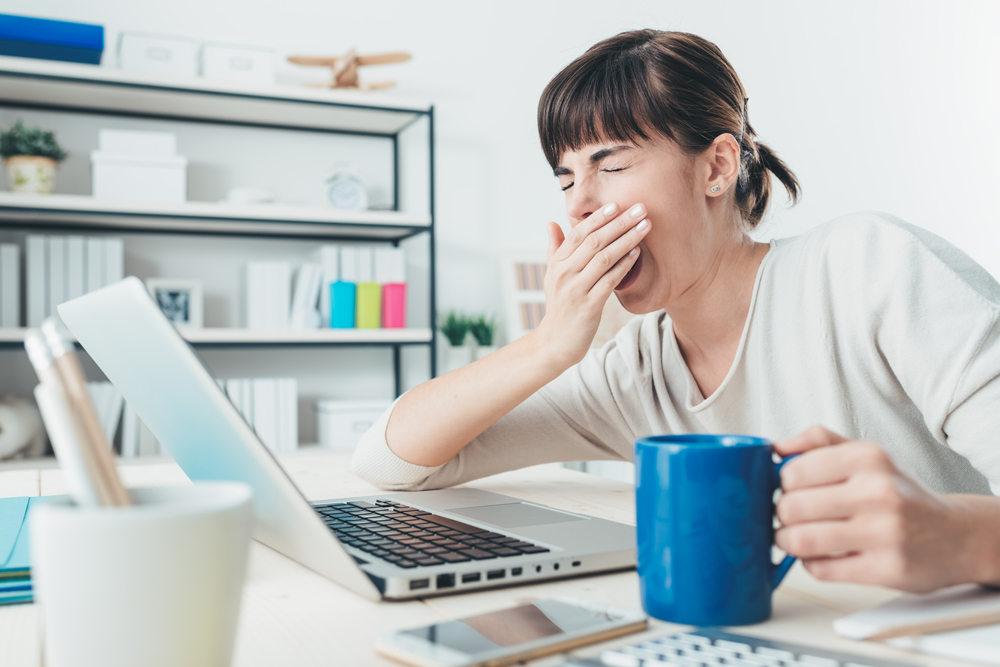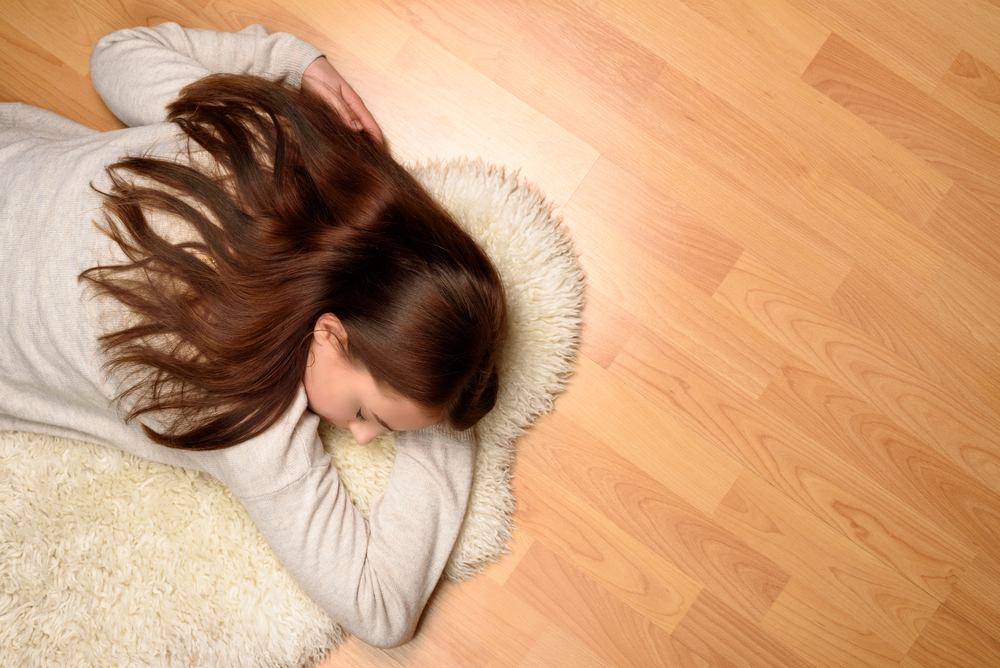Many people who get plenty of sleep often spark a bit of envy in those who struggle, as they only wish for a peaceful, uninterrupted night’s rest. If you’re hoping to wake up feeling refreshed and energized each morning, there’s a simple approach to achieving a deep, restful sleep that can make all the difference.
In this guide, you’ll uncover the secret to joining the ranks of those who wake up ready to hit the snooze button just a few more times. For some, sleep is the ultimate goal, an essential aspect of life. For others, it’s just a nightly pause, something they need to get through until the next day. However, quality sleep is a vital part of our overall health and wellbeing. It’s not just about how many hours you sleep; it’s about how well that sleep allows your body and mind to recharge.

Health experts suggest that adults need about seven to nine hours of sleep each night for optimal mental clarity and a balanced mood. Missing out on good-quality sleep over time can lead to serious health issues such as heart disease, diabetes, and even depression. Additionally, poor sleep weakens the immune system, making the body more vulnerable to illness.
Temperature balance is a factor often overlooked in achieving quality sleep. The temperature in your room can significantly impact how easily you fall asleep and stay asleep through the night. Finding the right balance between warm and cool helps your body relax, allowing it to rest effectively rather than constantly working to stay comfortable. If it’s too hot, falling asleep may be challenging as your body works to cool down. If it’s too cold, your muscles can tense up, making it harder to sink into a truly restful sleep.
Experts recommend that the ideal room temperature for most people is between 60 to 67°F (15 to 19°C). When you prepare for bed, your body’s core temperature naturally drops as part of its sleep cycle and rises again in the morning. A room temperature that aligns with this natural cooling process supports the body in achieving the deep, refreshing sleep it needs. During deep and REM sleep stages, the body’s temperature regulation slows down. If it’s too hot or too cold, these critical stages can be disrupted, leaving you feeling less rested.
Melatonin, a hormone responsible for making you feel sleepy, is also influenced by temperature. A cooler room encourages melatonin production, signaling to your body that it’s time for sleep, which explains why it’s easier to fall asleep in a cool room.
Creating the ideal sleep environment involves more than just adjusting the thermostat. Here are some effective ways to optimize your bedroom for a peaceful night’s sleep:
Bedding and Blankets: Choose breathable materials like cotton or linen, which allow air to circulate and help prevent overheating. Heavy, synthetic materials like polyester trap heat, making it difficult to regulate body temperature throughout the night.
Invest in a Quality Mattress: Some mattresses can trap heat, creating a warm environment that disrupts sleep. Memory foam mattresses, in particular, are known for retaining warmth. However, newer models often incorporate cooling gels to combat this issue. A mattress that allows airflow can help maintain a comfortable temperature all night.

Wear Lightweight, Breathable Sleepwear: The clothes you wear to bed also play a role in regulating body temperature. Opt for breathable fabrics like cotton or moisture-wicking materials. Heavy, insulated pajamas can make you overheat unless the room is unusually cold.
Rethink Fan Use: Many people rely on fans to cool the room, but fans circulate existing air without actually lowering the temperature. During especially warm nights, a fan alone might not be enough to keep you comfortable, and you may wake up sweaty and uncomfortable. Conversely, if the room is already cool, a fan blowing directly on you may make you too cold, causing you to wake up shivering. If the gentle sound of a fan is calming for you, consider alternatives that won’t impact the room’s temperature.
White Noise Machine: White noise machines create sounds like rain or waves, promoting relaxation and improving sleep quality. If you have a voice-activated device at home, try setting it to play sleep sounds for a peaceful ambiance.
Humidifier or Purifier: A humidifier can be helpful if dry air bothers you, as it adds moisture, countering the drying effects fans can have. Humidifiers and air purifiers also tend to be quieter, fostering a restful atmosphere.

Sleep is one of the body’s most essential functions, helping it recover, repair, and rejuvenate both mentally and physically. Prioritizing sleep is crucial to waking up refreshed and ready to face each new day.
Do you have any sleep tricks that work wonders for you? Feel free to share them, and don’t forget to pass this story along so we can learn from others, too!





